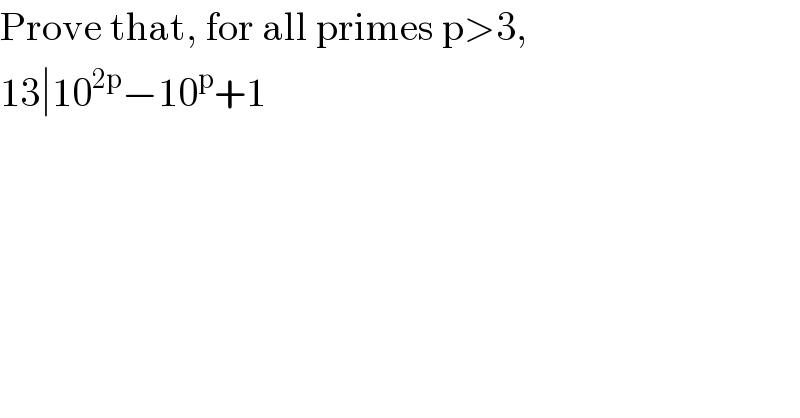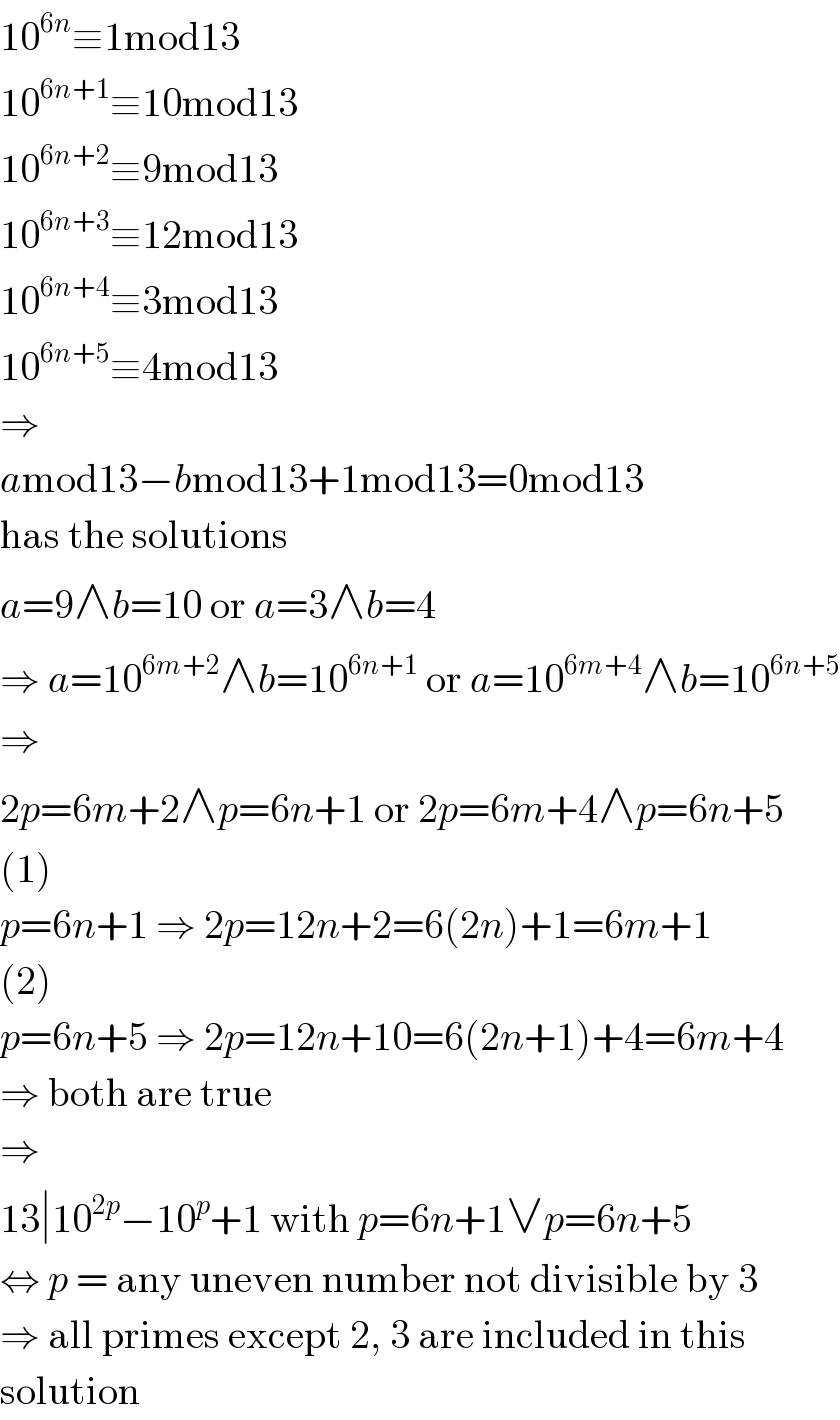
Question and Answers Forum
Question Number 115595 by floor(10²Eta[1]) last updated on 26/Sep/20

Answered by MJS_new last updated on 27/Sep/20

| ||
Question and Answers Forum | ||
Question Number 115595 by floor(10²Eta[1]) last updated on 26/Sep/20 | ||
 | ||
Answered by MJS_new last updated on 27/Sep/20 | ||
 | ||
| ||